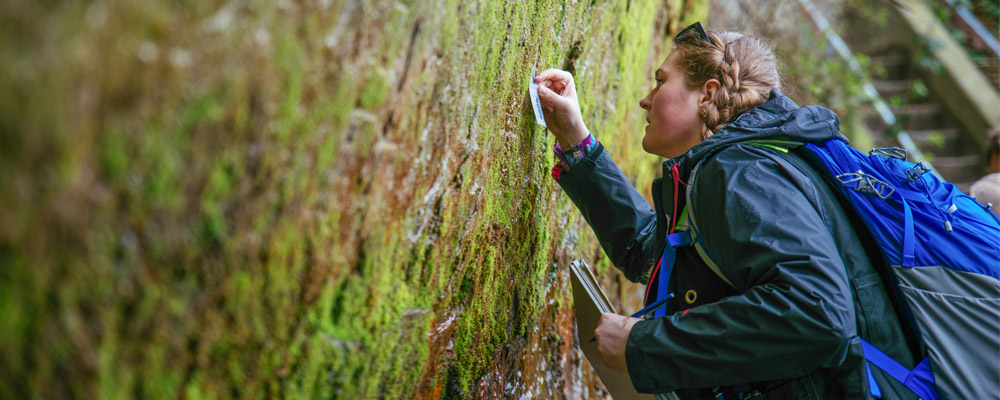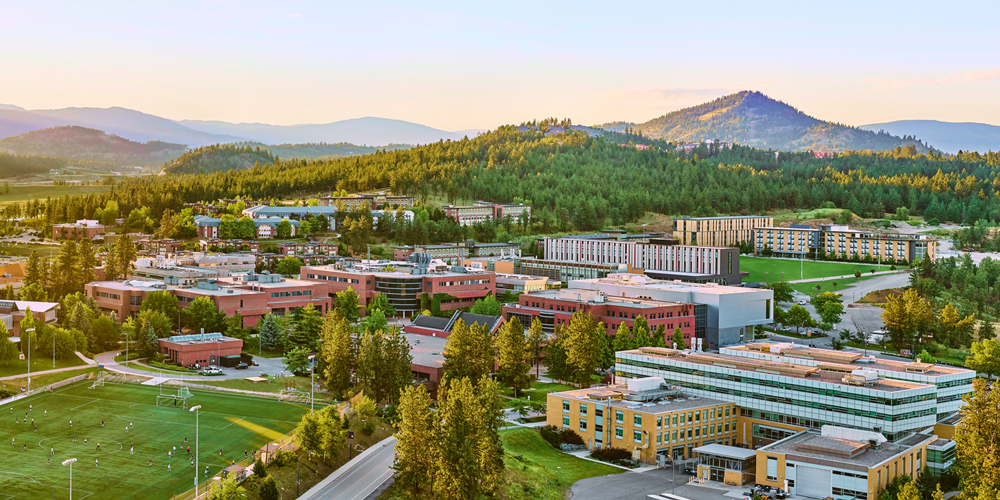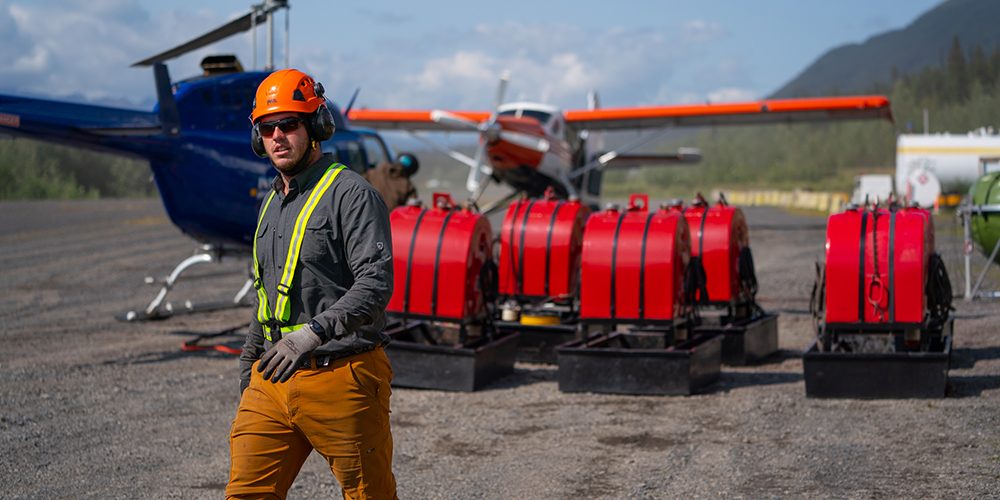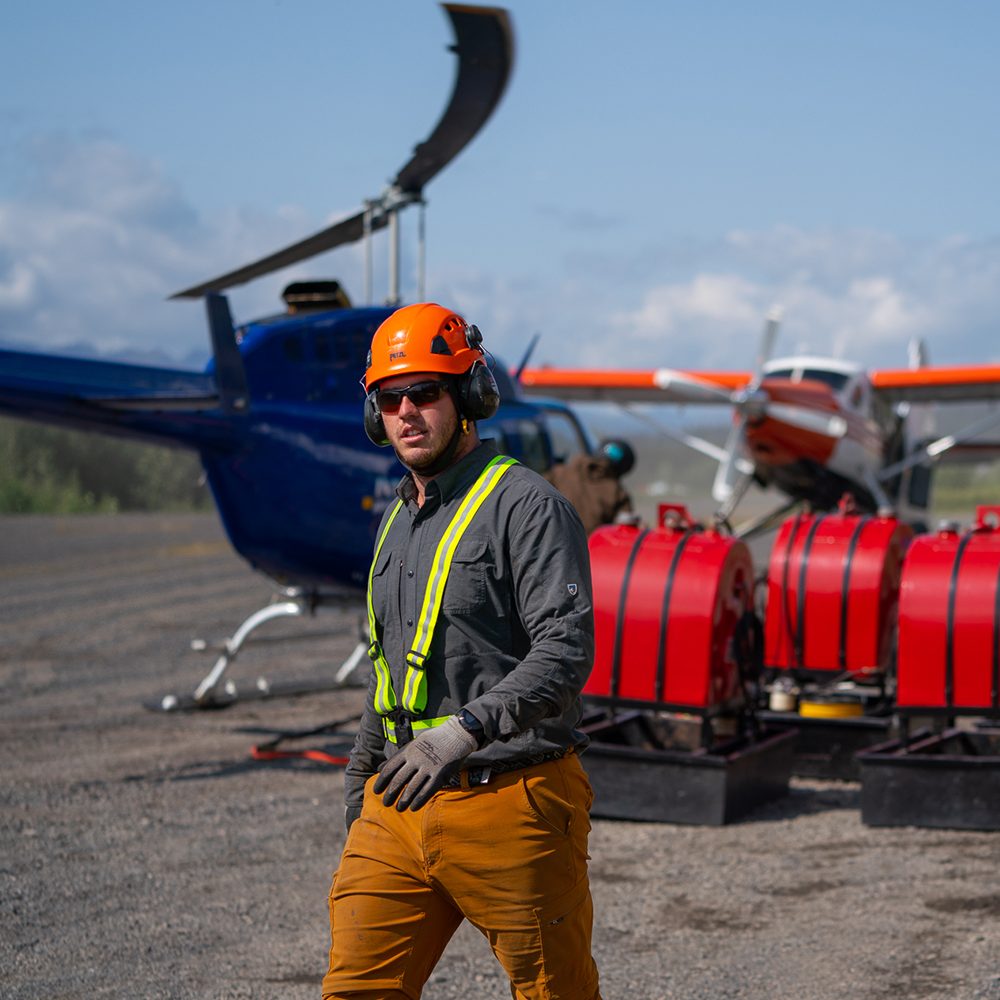Bachelor of Science (BSc)

Bachelor
4 years
Irving K. Barber Faculty of Science
Why study Earth and Environmental Sciences at UBC Okanagan?
Our close-knit campus allows you to work together with faculty to conduct or assist with research projects. Work closely with your classmates and professors while studying in an outdoor setting. Our degree structure allows you to choose the courses best suited to your interests.
Study a variety of topics, including mineral resources, water resources, river hydrology, climate and paleo-climate, hydrogeology, land use management, and geochemistry.
By the time you graduate, you will have gained skills in observation, data collection, laboratory techniques, spatial data analysis, the integration of multiple information sources and the communication of your findings.
Careers and Outcomes
UBC degrees are respected by employers around the globe. Program graduates will have the skills to pursue a career in a variety of fields like,
- Contaminated sites specialist
- Environmental geoscientist
- Environmental impact assessor
- Environmental policy analyst
- Environmental reporter/writer
- Environmental standards enforcement officer
- Geologist
- Geomorphologist
- Geophysicist
- Hydrologist
- Hydrometric specialist
- Land use analyst
- Mine geologist
- Park warden/naturalist
- Stream restoration specialist
- Water resource manager
- Wetlands specialist
Experiential Learning
Expand your horizons while studying abroad, conducting meaningful research, or working in the community with your UBC colleagues.
Learn more about Co-op, Go Global, Undergraduate Research Awards and other opportunities at Experiential Education.
Global and Close-Knit
At UBC Okanagan, you gain all the benefits of attending a globally ranked, top 5% university while studying in a close-knit learning community. 50% of graduates, from all across the globe, choose to stay in the region.

Discover the Okanagan
A diverse natural region with sandy beaches, beautiful farms, vineyards, orchards and snow-capped mountains, the Okanagan is an inspirational landscape perfect for those seeking leisure or outdoor adventure.
UBC's Okanagan campus borders the dynamic city of Kelowna, a hub of economic development with a population of more than 150,000 people— the fourth fastest-growing population in Canada.
Already applied? Check your status or accept your offer.

